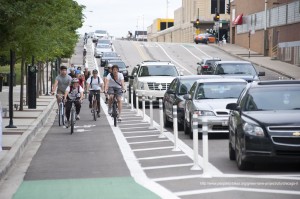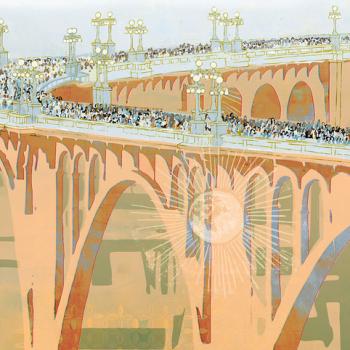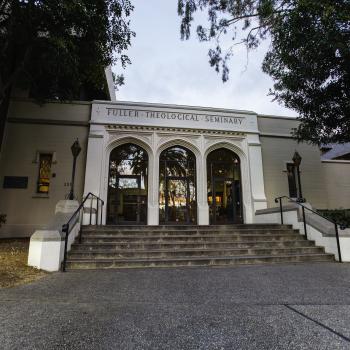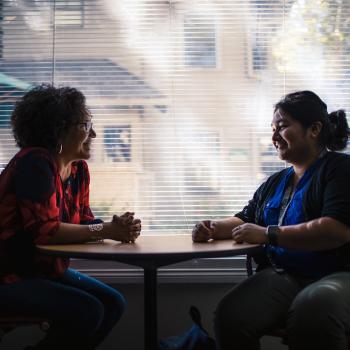By David Moore
When I rode my bike, nothing made me angrier than cars not giving me enough space on the road. I would silently curse drivers that did not look out for me.
Among other reasons, safety was one of the reasons I quit riding and started driving. Now, nothing makes me angrier than cyclists in my way. “Share the road goes both ways!” I want to yell.
Cars or cyclists, things are in my way all the time, and no mode of transportation has made it possible for me to get where I want to go easily. There’s always something in my way.
This is obviously a terrible attitude, and it needs to change. A beginning to the end of that attitude might be even to complain that, instead of something in my way, there’s someone in my way. Some one, some person, going where they are going, striving to survive like I am, struggling to get to McDonald’s before they stop serving breakfast at 11 am like I am.
Of course it would be better to just “to do everything without complaining or arguing” as Paul instructs, but I need baby steps, man.
I recently was inspired to try this baby step by this article from CityLab. A neighborhood group in Seattle has been pushing for using language as a way to improve safety:
[Seattle Neighborhood Greenways] developed a list of new ways to talk about their concerns and promoted it in handy chart form. Instead of “cyclists,” they suggest, use “people on bikes.” Instead of “drivers,” “people driving.” Instead of technical traffic-engineering terms such as “pedestrian/hybrid beacon,” say “safer ways to cross busy streets.” Replace “pedestrians” with “people walking.”
Far from being some sort of “word police” as advocate Tom Fucoloro acknowledges, there are real changes that come from such a seemingly small semantic difference.
Fucoloro says that talking about streets in a way that emphasizes the common humanity of all users, rather than dividing them into tribes with warring interests, has made a real difference in the way Seattle’s planners discuss possible changes to streets with the community. As a result, he says, the discussion has become much more civil.
Of course, this is anecdotal, but it is an interesting practice. When we think about someone with whom we disagree, maybe we should make a habit of recognizing their humanity. If it can provide a bridge for civilized dialogue with such rival factions as “people driving cars” and “people riding bikes,” what other divides might it cross?
“People who vote Democrat” and “people who vote Republican?”
“People who value traditional marriage” and “people who desire marriage equality?”
Myself and “this person who is my spouse?”
Or even—“these people who are children of God and also Yankees fans?”
There are lots of ways to meet in the middle and express our love for neighbors while we disagree over important issues. People meeting people—instead of issues meeting issues—might be a worthwhile attitude to try.
Who disagrees with me? Who is in my way? Who would I rather not be here?
Some one.
It’s a start.
David Moore is Continuing Education Manager for the Lowell W. Berry Institute for Continuing Education in Ministry at Fuller Theological Seminary in Pasadena, California. He received his MA in Theology and the Arts from Fuller in 2009. Prior to coming to Fuller, David worked in development and alumni relations for the Texas Tech Wesley Foundation after graduating with a BA in Advertising from Texas Tech University. David lives in Pasadena with his wife, Leah Beth, and two sons, Joel and Silas.
Follow Fuller Seminary on Twitter at @fullerseminary.













